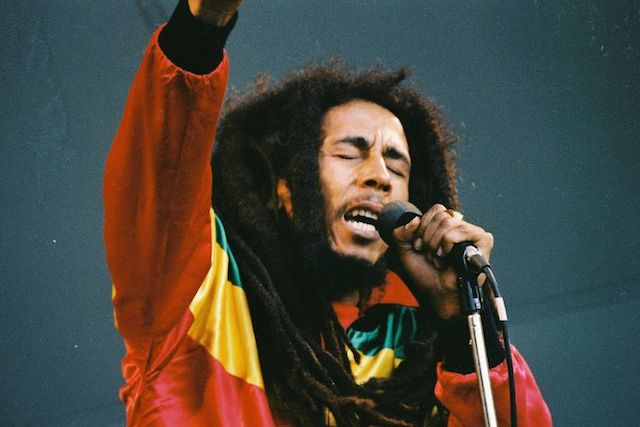
Reggae music to be protected by United Nations
Reggae has been added to a list of international cultural treasures which the United Nations has deemed worthy of protecting and promoting.
The music, which grew out of Jamaica in the 1960s thanks to artists like Toots and the Maytals, Peter Tosh and Bob Marley, was added to the collection due to its "intangible cultural heritage".
Advertisement
Reggae is "cerebral, socio-political, sensual and spiritual," said United Nations Educational, Scientific and Cultural Organisation(Unesco).
It has "penetrated all corners of the world," added a Jamaican spokesperson.
Reggae followed on from the ska and rocksteady genres - other early pioneers included Lee Scratch Perry and Prince Buster.
Millie Small's 1964 ska cover of My Boy Lollipop also helped introduce Reggae's laidback groove to the world.
Reggae became popular in the United States but particularly flourished in the UK, which had become home to many Jamaican immigrants since the end of World War Two.
The British Reggae label Trojan, which celebrates its 50th birthday this year, introduced the world to artists like Desmond Dekker, Jimmy Cliff and Bob and Marcia.
"I am delighted, it's wonderful news," BBC 1Xtra veteran presenter Dave Rodigan told World Service radio. "I've loved this music since I first heard it as a teenager."
Speaking to 5 live he added: "I've always said it speaks out for the underprivileged, it speaks out against social injustice. Reggae music is the original rebels' music immortalised by Bob Marley and the Wailers."
Jamaica had applied for Reggae's inclusion on the list this year at a meeting of the UN agency on the island of Mauritius.
The protected list began in 2008 and grew out of the UN's convention for the safeguarding of intangible cultural heritage in 2003.
Its aims are to ensure respect for communities, groups and individuals involved in the listed activity, to raise awareness and encourage appreciation of those activities nationally and internationally.
"Reggae is uniquely Jamaican," said Olivia Grange, Jamaica's Culture Minister. "It is a music that we have created that has penetrated all corners of the world."
Announcing the decision, Unesco said the music's "contribution to international discourse on issues of injustice, resistance, love and humanity underscores the dynamics of the element as being at once cerebral, socio-political, sensual and spiritual".
It added: "The basic social functions of the music - as a vehicle for social commentary, a cathartic practice, and a means of praising God - have not changed, and the music continues to act as a voice for all."
Other cultural traditions which made the list included a Spanish riding school in Vienna, a Mongolian camel-coaxing ritual and Egyptian puppetry.
Hurling
Hurling, which is among the oldest and fastest field sports in the world, has also been recognised by Unesco.
Camogie, a version of the game played by women, has also been added to the list.
Unesco describes both games as "a field game played by two teams which dates back 2,000 years and features strongly in Irish mythology".

Gaelic games hurling and camogie have also been given special status
It said they form "an intrinsic part of Irish culture" which promotes health and wellbeing, inclusiveness and team spirit.
Dry stone walling
Special cultural status was also given to the art of dry stone walling in European countries such as France, Greece and Italy.

An image from 1936 shows men building a dry stone wall
In the UK, some dry stone walls date back more than 600 years, when they were built to repel wolves.
Egyptian puppetry
Also on the list was an old form of Egyptian theatre called Al-Aragoz that uses traditional hand puppetry.
"Performers and the audience interact dynamically throughout the shows, which have a comic and entertaining atmosphere," Unesco said.
"Practitioners must be skilled in manipulating and maintaining the puppet, as well as in improvisation and music."
It is in need of protection, the organisation added, because the number of practitioners has greatly diminished in recent years.




